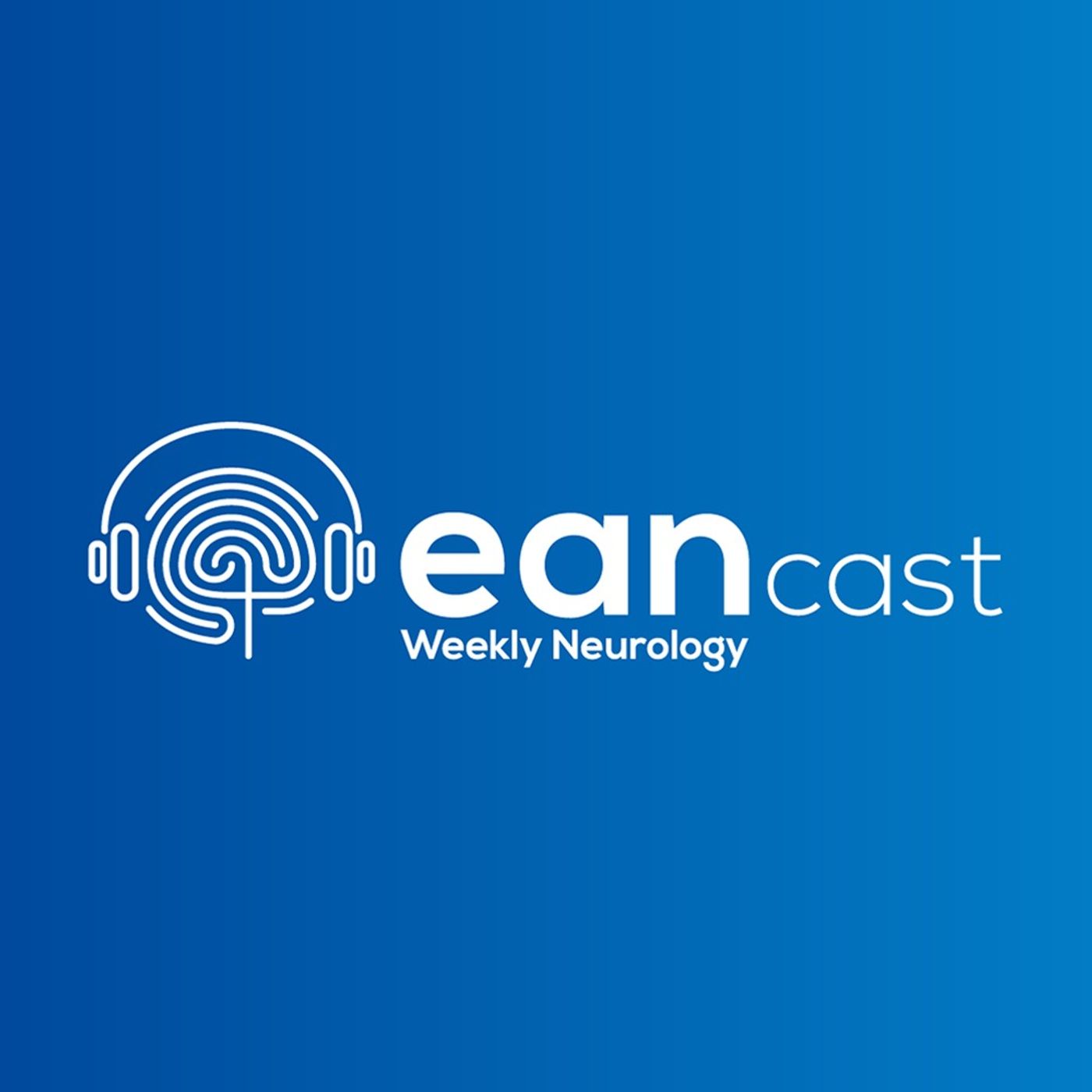
Ep. 113: New EAN Guideline on the Management of Amyotrophic Lateral Sclerosis
Moderator: Federica Agosta (Milan, Italy)
Guest: Philip van Damme (Leuven, Belgium)
In this week’s episodes Federica Agosta hosts Philip van Damme as they discuss the new EAN Guideline on the Management of Amyotrophic Lateral Sclerosis. Find more information here.